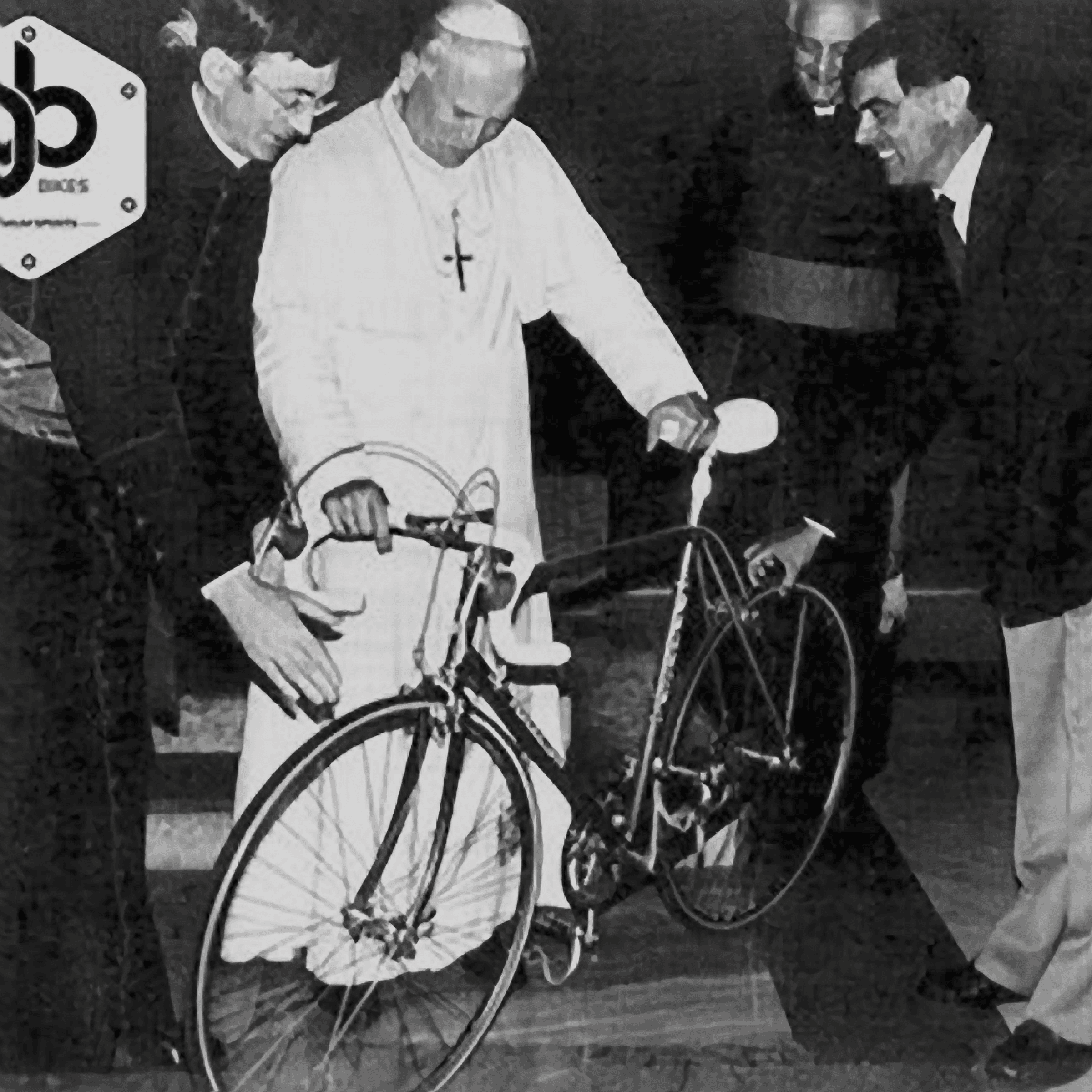Rocky Balboa famously said, “Every champion was once a contender who refused to give up.” The drama within sports, striving for success amidst adversity (such as we see in the Olympics), inspires us to greatness. These lessons are why the author of Hebrews compares the spiritual life to athletics, writing, “Since we are surrounded by so great a cloud of witnesses, let us also lay aside every weight, and sin which clings so closely, and let us run with perseverance the race that is set before us.” We certainly do have a great cloud of witnesses with the saints, the Olympic athletes of our faith, showing us how best to run this great race.
Running this race includes care for the gift of our bodies, as the person is both body and soul. As Pope St. John Paul II said, “The body, in fact, and only the body, is capable of making visible what is invisible: the spiritual and the divine.” [1] St. Paul proclaims that our bodies are temples of the Holy Spirit, gifts from God. That means we have a duty to strive to grow in good habits of exercise and fitness. So what lessons can the saints teach us about physical health?
Bl. Pier Giorgio Frassati’s famous motto “Verso l'alto" means “to the Heights,” and it reminds us of his conviction to constantly strive to reach the summit, both in the faith and in his hobby of mountaineering. In fitness, accuracy is important for training. You cannot achieve a goal without first setting it and counting the cost to achieve it. No one can just run a marathon; you must set a regimen and train your body. Similarly, in our spiritual lives, our eyes must be constantly fixed on a clear goal if we wish to achieve it.
The patron saint of sports, St. Sebastian, teaches us about stamina and conviction. St. Sebastian was greatly persecuted by emperor Diocletian, who attempted to have him killed by arrow fire, only for St. Sebastian to survive, return to preach to Diocletian, and then be killed. Increasing stamina, through perseverance and slowly increasing elements such as duration or intensity, is a core component of fitness. When starting any new exercise habit, it is easy to give up when it’s difficult. Research reveals that knowing your obstacles and planning for how you will overcome them will help you stay committed. For example, if you know that the best time to exercise in your schedule is in the morning, but you struggle to wake up, make sure to set a bedtime so that you get the rest you need to be ready to hit the ground running.
Finally, St. John Paul II, a great and well-known athlete, was passionate about fitness and its relationship to the spiritual life. He had a great propensity for sports, particularly skiing (https://aleteia.org/2020/02/17/polish-priests-hit-the-slopes-in-annual-skiing-competition/), soccer, and even baseball (https://www.youtube.com/watch?v=MZ0BbN3m7bU). He teaches us (https://www.vatican.va/content/john-paul-ii/en/homilies/2000/documents/hf_jp-ii_hom_20001029_jubilee-sport.html) aboutthe integration of sports and the spiritual,saying, “This is the logic of sport… it is also the logic of life: without sacrifices, important results are not obtained, or even genuine satisfaction.” He later also said (https://press.vatican.va/content/salastampa/en/bollettino/pubblico/2018/06/01/180601b.html), “Athletic activity…highlights not only man's valuable physical abilities, but also his intellectual and spiritual capacities. It is not just physical strength and muscular efficiency, but it also has a soul and must show its complete face.” Athletics can help us understand who God is calling us to be and act as an arena for growing in virtue.
So let us be convicted to fight the good fight and join in the race, knowing we are surrounded by a cloud of witnesses. Embracing this challenge, physically and spiritually, helps us to really know who we are made for.

